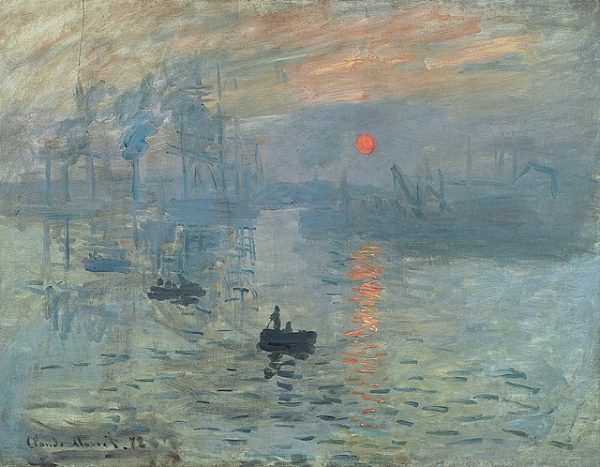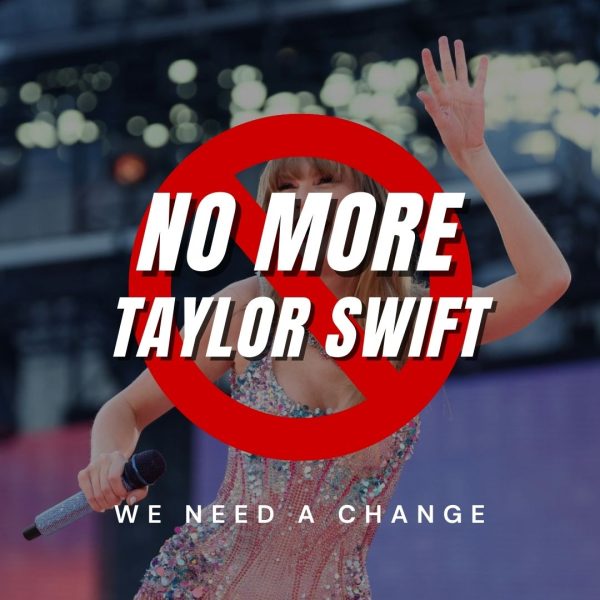Empires and Why We Might Need Them

Toilet Paper and Urns, invaluable creations for our modern society, are both inventions of the Chinese Empire. There is no feasible way modern society can survive without Chinese inventions.
We are very much in a new age in humankind’s journey across time. Since 1900, we have seen the revolutionizing of warfare, the advent of truly supranational organizations like the United Nations and the European Union, and the frighteningly real and likely possibility that we could have wiped ourselves off the planet. This was all at the hands of superpowers and empires that ruled the world. Now, the last superpower, the United States, is being heralded in the news as being on its last legs. The age of the superpower is almost over. Is this a beneficial thing for the word, though? Empires have long brought advancements in culture, science, and order that have shaped the way we live our lives today and will surely shape the way we live them for hundreds of years to come. Is it good for the world that the idea of a superpower is about to end?
The most influential empire in terms of technological advancements is the Chinese Empire, under the guise of many different dynasties over the course of its long and complex history. The Chinese Empire is responsible for everything from gunpowder to toilet paper to land mines to tea. China has been responsible for the most technological advancements of any place on earth. Despite what various news channels will claim about China replacing the USA’s place as the sole superpower of the world, the chance of them having that kind of effect are low.
The Islamic Golden Age, which saw two Caliphates, the Umayyads and then the Abbasids, come to power, leaping ahead of Europeans in technological and cultural advancement during the supposed “Dark Age.” They helped to spread Islam from Persia to Morocco, create advancements in astronomy and trigonometry, and literally united almost all Muslims under one political banner. That kind of religious advancement wasn’t unique to these two empires. The Byzantine Empire separated Catholic Europe from Muslim Levant. It was the last vestige of Rome during the medieval age while also aiding in the separation of Catholicism in the west and Orthodoxy in the east. Later, as Byzantium was falling, the Russian Empire took the mantle of the center of Eastern Orthodox Christianity.
Secularity sounds like a relatively new idea, but the Mongol Empire, which stretched from Korea in the east to Arabia in the west, Mongolia in the north to Canton in the south, practiced a form of secularity to integrate conquered people into their empire. The Mongol Empire also reinvigorated the Silk Road, a series of trade networks that stretched across Eurasia. They also introduced the Black Plague to Europe with this reinvigorated trade.
So all of these advancements under large powers seem like great things, correct? But then again, empires were often keen on expansion and various human rights violations. This new age of no superpowers might be one with significantly less violence and genocide than before, but the development of the human race, technologically and culturally, might be stunted. Strong powers seem to need to identify with a common culture to be unified. The United States was very English when it broke off from Great Britain, yet as it became more powerful, more cultural ideas, like the Wild West and manifest destiny, became unique to the country. The need of large powers to expand and culturally unify it drives these advancements, but the lack of these pressures might stunt human growth as a whole. The human race has a social order of nations, and the superpower is a necessary component.

John Charles “Jack” Scott is a senior at North Forsyth High School in Cumming, Forsyth County, Georgia, United States, North America, Northern Hemisphere,...











